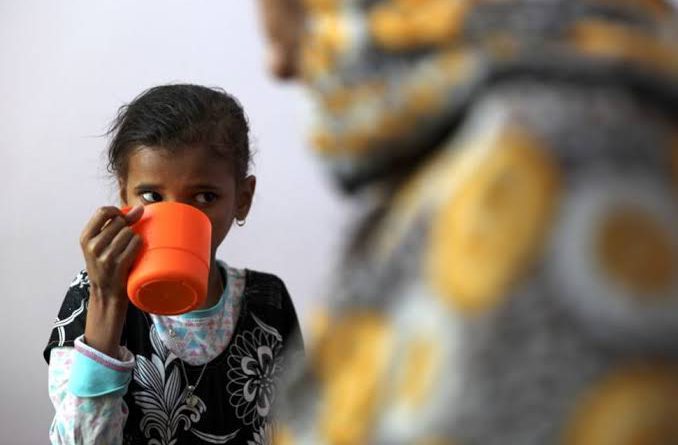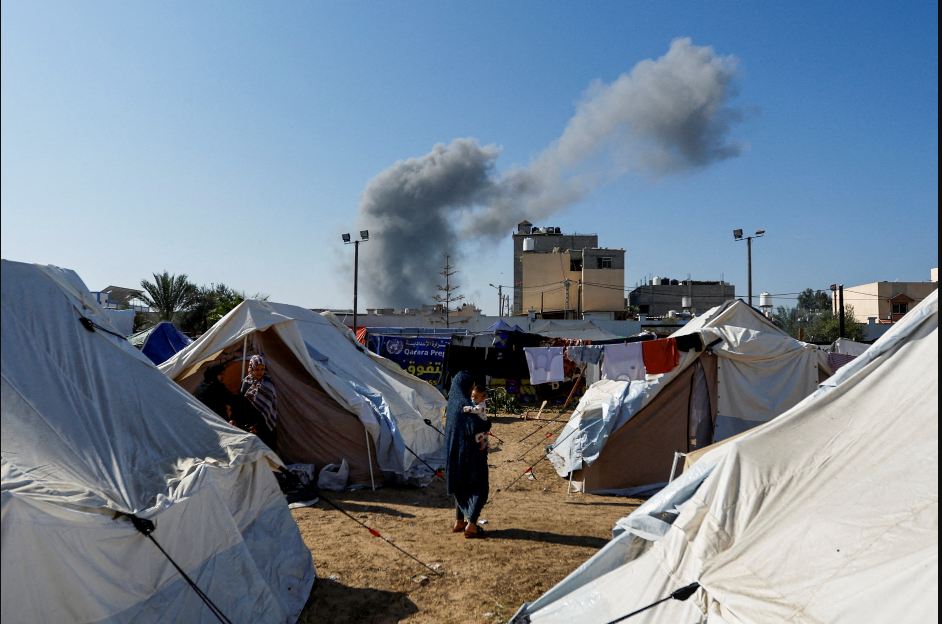U.N. aid chief urges Gulf states to step up to avert Yemen famine
New York (Reuters) – U.N. aid chief Mark Lowcock urged Gulf states to step up next Monday when the world body seeks to avert a large-scale “man-made” famine in Yemen by raising $3.85 billion for humanitarian operations in the war-torn Arabian Peninsula country for 2021.
The United Nations describes Yemen as the world’s largest humanitarian crisis, with 80% of the people in need. Lowcock warned that if the world body does not receive the money it needs at a virtual pledging conference on Monday “we’re going to see is the worst famine the world has seen for decades.”
In 2018 and 2019, the United Nations prevented famine in Yemen due to a well-funded aid appeal, which included large donations from Saudi Arabia, the United Arab Emirates and Kuwait, Lowcock said.
“What is alarming and what is different about the situation we’re in now is that there’s been such a big drop off in support for the aid operation that we’ve been cutting aid to starving people – not in an isolated way, in a way that affects millions of people all over the country,” Lowcock said on Wednesday.
In 2020 the United Nations only received just over half the $3.4 billion it needed, which Lowcock said was largely due to smaller contributions from Gulf countries. He urged them to pledge generously for 2021 and pay quickly.
“My message really to the Gulf countries … is you have an extremely important role to play here, what you did in 2018 and 2019 saved a lot of lives, frankly, and enabled us to avoid a total collapse and a tragedy of genuinely historic proportion. It’s now back on a knife edge,” Lowcock told reporters.
A Saudi Arabia-led military coalition intervened in Yemen in 2015, backing government forces fighting the Iran-allied Houthi group. U.N. officials are trying to revive peace talks to end the war as the country’s suffering is also worsened by an economic and currency collapse and the COVID-19 pandemic.
“This is an entirely man-made famine,” Lowcock said.



